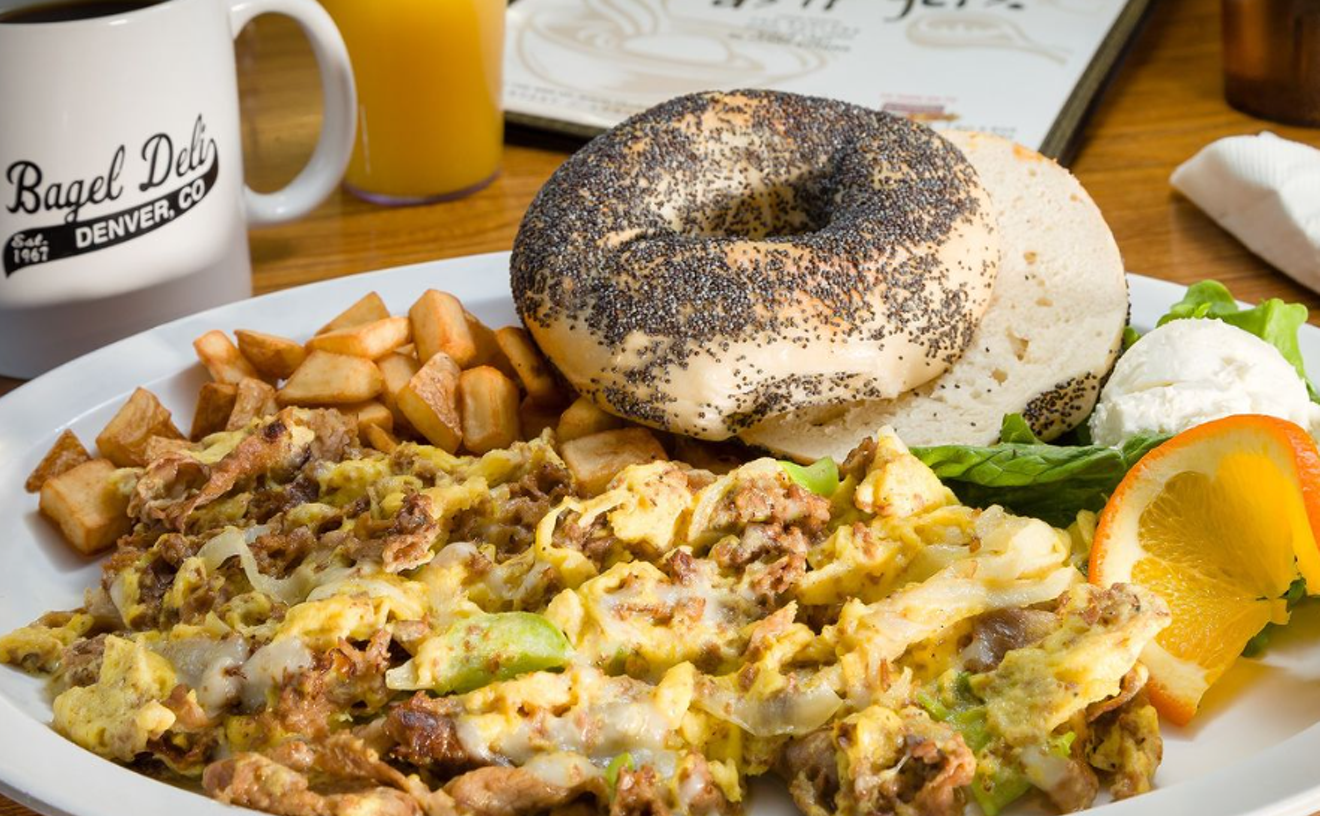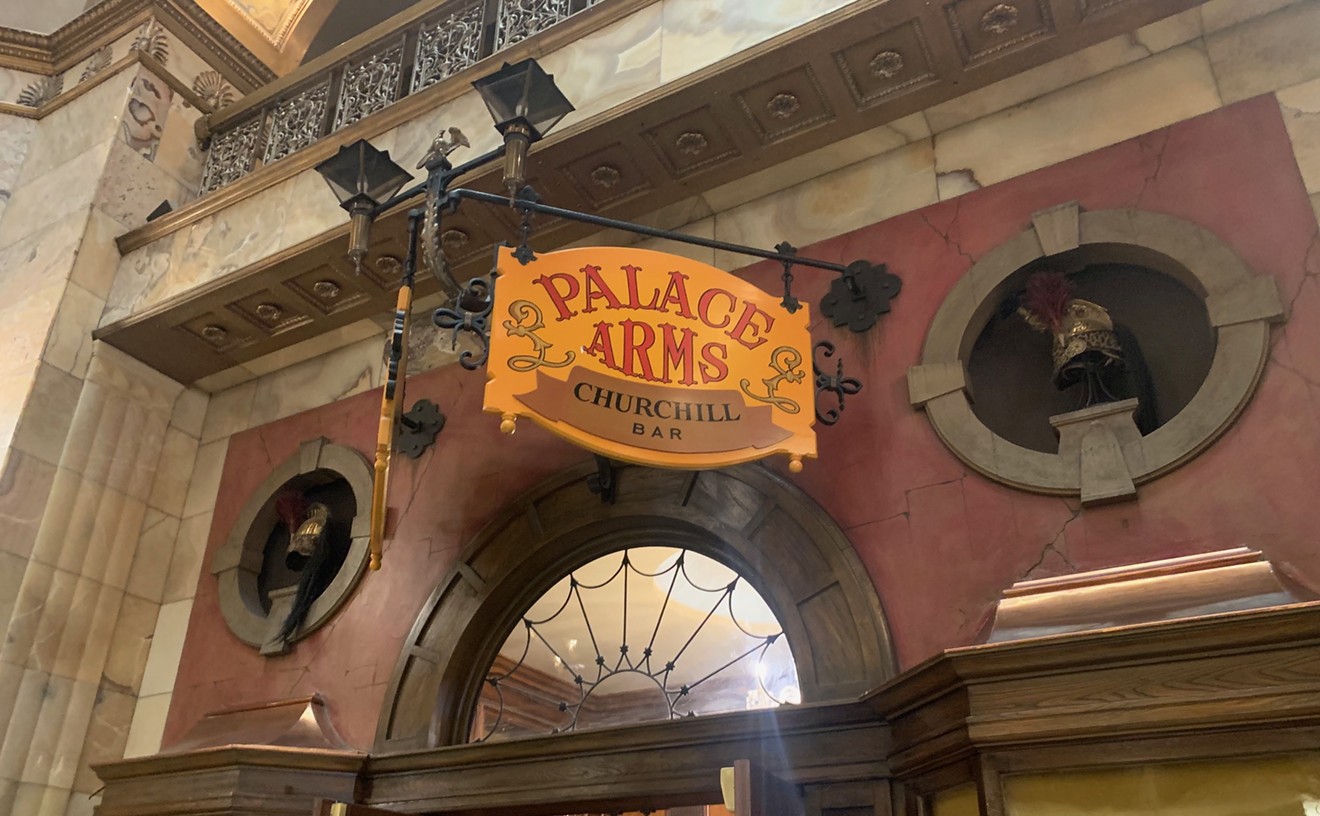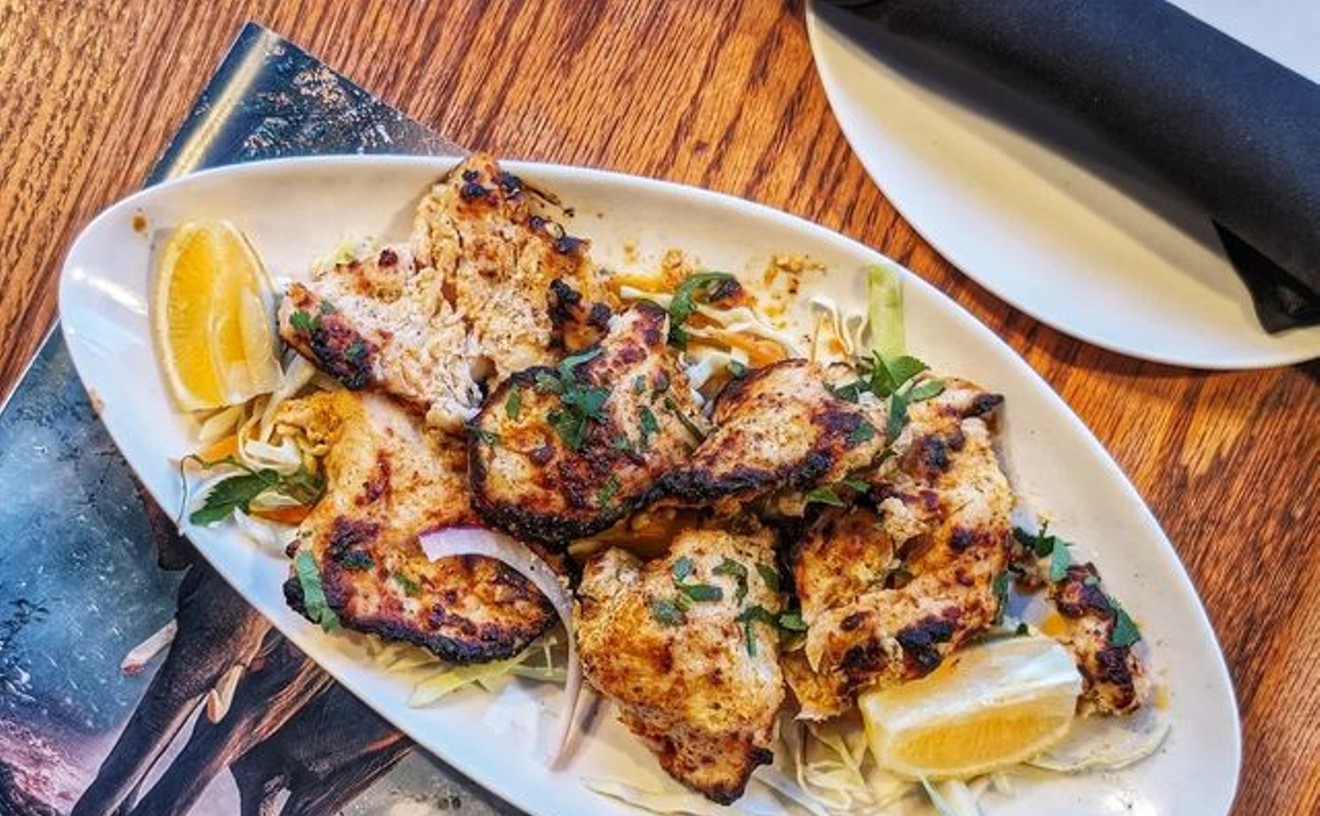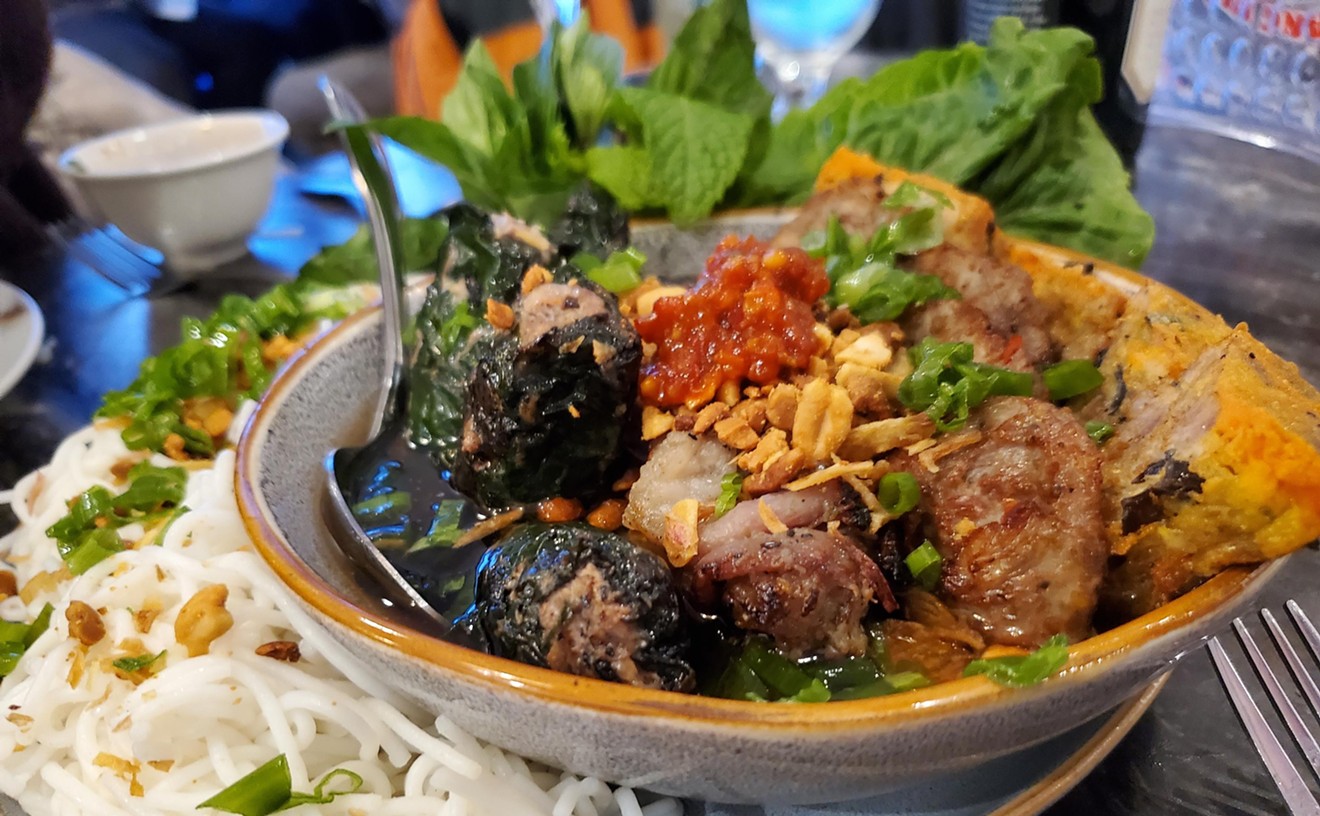Oskar Blues, which is one of the fastest growing independent breweries in the country, said today that it has purchased Perrin Brewing, a medium-sized Michigan brewery that has been in business less than three years.
Management of the two companies got to know each other late last year through their connections to Keith Klopcic, who worked then for West Side Beer Distributing, which handled beer sales for both breweries in Michigan.
Oskar Blues and Perrin collaborated on a beer in December and then began talking about the purchase, says Oskar Blues spokesman Chad Mellis. Klopcic has since left West Side and will now act as president of Perrin, which brewed roughly 14,000 barrels of beer in 2014. Terms of the deal between Oskar Blues and Perrin were not revealed.
“Michigan has a very strong, local craft beer market...and Perrin has a strong presence there,” Melis says. “They are a stable, great business with more than 700 tap handles there. There is a lot of upside to their road ahead.”
Melis says the buyout will help Perrin significantly expand that presence in Michigan and possibly into other states. The business “collaboration” could also help Oskar Blues better sell its own brands in Michigan.
The deal comes just a few months after brewing giant AB-InBev purchased two Pacific Northwest craft beer makers, and could signify that more independent breweries are putting themselves up for sale.
“Breweries have been reaching out to us,” Melis says, adding that Oskar Blues could be open to other brewery acquisitions in the future. “It is an increasingly competitive market that brings new challenges every day. There are opportunities out there that we can use to take that form of collaboration to the next level – with the experience and resources we have.”
Melis didn't want to speculate about whether it was better for the industry to have buyouts by craft breweries rather than large corporations, but he stressed that everyone at both Oskar Blues and Perrin is happy about the deal.
“Both sides feel good about what is happening. Both sides are proud and passionate about their brands. They want to keep doing what they do, and so do we. That is something both of see eye to eye about.”
No one from Perrin immediately returned a call seeking comment, but the company did issue the following statements from two managers.
“It’s been staggering to see the state of Michigan get behind Perrin over the past few years, we’re stoked to join forces with Oskar Blues amongst increased competition, capacity and growing industry challenges,” said Jarred Sper of Perrin.
“The state of Michigan has embraced Perrin and created something special. We’re taking the tradition we started with head brewer John Stewart and Jarred Sper to the next level by adding Keith and Oskar Blues to our team,” said Perrin operations manager Dan Perrin.
Founded in Lyons, Oskar Blues became the first craft brewery to can its beer in 2002 before moving to Longmont in 2009 and launching an explosive growth arc.
In 2014, the brewery began operating a second major production facility in Brevard, North Carolina, and reported that sales of its flagship beer, Dale's Pale Ale, had jumped by 25 percent. Together the facilities make about 150,000 barrels per year.
Oskar Blues also posted a forty percent revenue increase, finishing the year as the 24th largest brewery in the nation. It sold 35 million cans in 2014.
[
{
"name": "Air - MediumRectangle - Inline Content - Mobile Display Size",
"component": "12017618",
"insertPoint": "2",
"requiredCountToDisplay": "2"
},{
"name": "Editor Picks",
"component": "17242653",
"insertPoint": "4",
"requiredCountToDisplay": "1"
},{
"name": "Inline Links",
"component": "18838239",
"insertPoint": "8th",
"startingPoint": 8,
"requiredCountToDisplay": "7",
"maxInsertions": 25
},{
"name": "Air - MediumRectangle - Combo - Inline Content",
"component": "17261320",
"insertPoint": "8th",
"startingPoint": 8,
"requiredCountToDisplay": "7",
"maxInsertions": 25
},{
"name": "Inline Links",
"component": "18838239",
"insertPoint": "8th",
"startingPoint": 12,
"requiredCountToDisplay": "11",
"maxInsertions": 25
},{
"name": "Air - Leaderboard Tower - Combo - Inline Content",
"component": "17261321",
"insertPoint": "8th",
"startingPoint": 12,
"requiredCountToDisplay": "11",
"maxInsertions": 25
}
]











